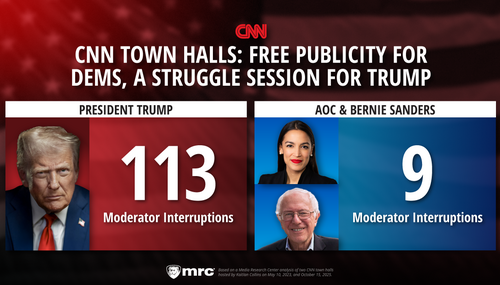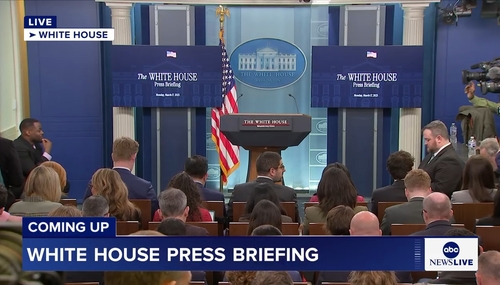A Friday New York Times editorial, “The Thomas Issue,” furthered the paper’s fevered crusade against Justice Clarence Thomas, piggybacking on Adam Liptak’s front-page Sunday story on the vital matter of Thomas’s failure to ask questions during Supreme Court oral argument.
The Times actually argued that Thomas should speak up more to ensure the public that he is open-minded, while claiming that Thomas's five-year “milestone” of silence (one first marked in the Times) “has stirred a wide conversation about his effectiveness as a justice.” Stirred up solely by the Times, by the available evidence.
When the Supreme Court hears arguments next week, it will mark the fifth anniversary of Justice Clarence Thomas’s silence during oral argument -- unless he chooses to re-enter the give-and-take. We hope he will.
This milestone has stirred a wide conversation about his effectiveness as a justice following another about his ethics. They are actually related. How Justice Thomas comports himself on the bench is a matter of ethics and effectiveness, simultaneously. His authority as a justice and the court’s as an institution are at issue.
The editorial repeated tired accusations from the left-wing Common Cause alleging Thomas's conflict of interest based on his wife’s lobbying and Thomas’s attendance at a political event sponsored by conservative philanthropists Charles and David Koch. Common Cause led a protest outside that event filled with racist and violent comments about Thomas that the paper has yet to acknowledge.
Then there was this hypocritical expression of concern:
Taking part in oral arguments would be good for the justice and the court. In a landmark article about judging, the scholar John Leubsdorf said a justice should abide by three principles: avoid basing a vote on personal considerations; avoid basing a vote on facts learned outside the case; and consider both sides’ arguments. Taking part in arguments is a way for Justice Thomas to convey that he honors the third principle. By engaging with lawyers for both sides in cases and showing open-mindedness in exchanges with them, he would show his dedication to the court’s impartiality and to its integrity as an institution.
As if the left-wing Times editorial page would respect Thomas any more if he did start to express himself.




